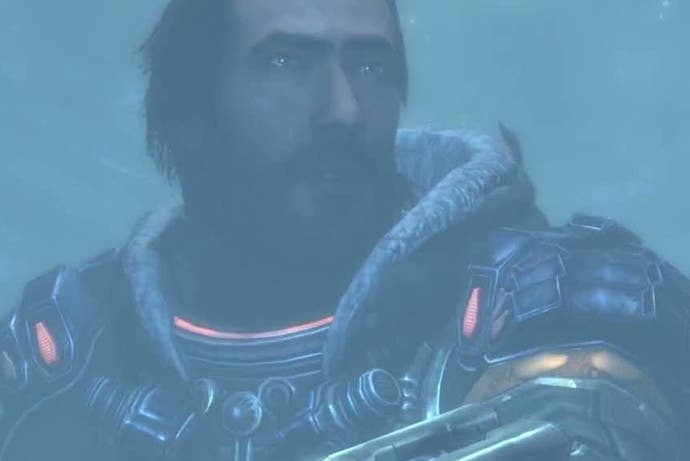Capcom US layoffs blamed on transition to next generation
Christian Svensson departs as part of reorganisation.
Capcom has let go a number of employees from its US office.
As part of an organisational restructure, Capcom US chief Christian Svensson, who was liked by the publisher's fans for regularly communicating with them on the Capcom Unity blog and securing the release of PC ports, has also left the company.
In a statement, Capcom, maker and publisher of Resident Evil, Street Fighter and Monster Hunter, blamed the layoffs on the transition to the next generation of consoles.
"Capcom today laid off several employees from the US office as part of an overall organizational restructure of the company. The transition to the new generation of hardware and changing industry landscape have required us to adapt our business to best meet our new goals.
"We sincerely thank each individual for their contributions and wish them well."
In a post on Facebook (via IGN) Svensson, who had been at Capcom for nearly eight years, went into more detail.
"This departure is not a bad thing for me and it's happening mostly because I'd suggested it during the early planning for today's reorg.
"While I wish the company the best of luck, Capcom is going in a different direction and the need for people at my level, relative to other areas, is lacking. Those who know me well, know that I've been ready to go for quite some time.
"That said, I'm grateful for the opportunities Capcom has afforded me. I stayed as long as I did in large part for the potential I felt the company had (and still may have). But I also stayed for the people. I've worked alongside extremely talented and passionate folks in nearly every office we have. There are far too many to name but I really want to thank them all for the time we spent in the trenches together. I have truly enjoyed working with each and every one of you and would jump at the chance to do so again in the future."
Capcom's announced upcoming titles include Lost Planet 3, made by US studio Spark Unlimited, Xbox One exclusive Dead Rising 3, made by Capcom's Canadian studio Capcom Vancouver, and Monster Hunter 4 for the Nintendo 3DS. There's also a next-gen tech demo that may or may not turn out to be a game, codenamed Deep Down. Last month it released Remember Me.
In its 2013 financial report, Capcom said Resident Evil 6 "did not meet with our [7 million] projection" and sold 4.9 million copies. Dragon's Dogma became a "million seller", "unprecedented" for an original title these days, but it was created by the largest dev team ever assembled by Capcom.
DmC Devil May Cry, meanwhile, "enjoyed stable popularity in overseas market and posted solid sales". There was no unit total to report, but Capcom mentioned 1.15 million sales in April.
All-in-all, Capcom posted an expected profit of £19.42 million, down 56 per cent year-on-year.
When Capcom warned investors in April about a "special loss" and revised sales forecasts down, it said "excessive outsourcing" had led to a "decline in quality".
"In order to lower development costs and shorten time frame for development, Capcom will restructure its development organisations, which are the core parts of the company's business, increasing ratio of in-house developments by focusing on the overhaul of overseas development companies," Capcom said at the time.
It added: "As for future prospects, the industry is expected to find an increasingly mature market of home video games, which is our core business segment. Even though a full line-up of new home video game consoles will eventually be released, the industry is likely to be in a period of scant new product releases over the near future, awaiting the full-scale launch of the next generation machines.
"In the meantime, development costs are projected to soar as advanced and multiple functions are added to hardware. Business alliances and consolidations may therefore occur in increasing numbers.
"Faced with this sudden and significant changes in the operating environment, Capcom intends to direct its development resources to the home video game software, which is our core business segment, and the development of online games, which is a growing area, based on its medium-term strategic map."


